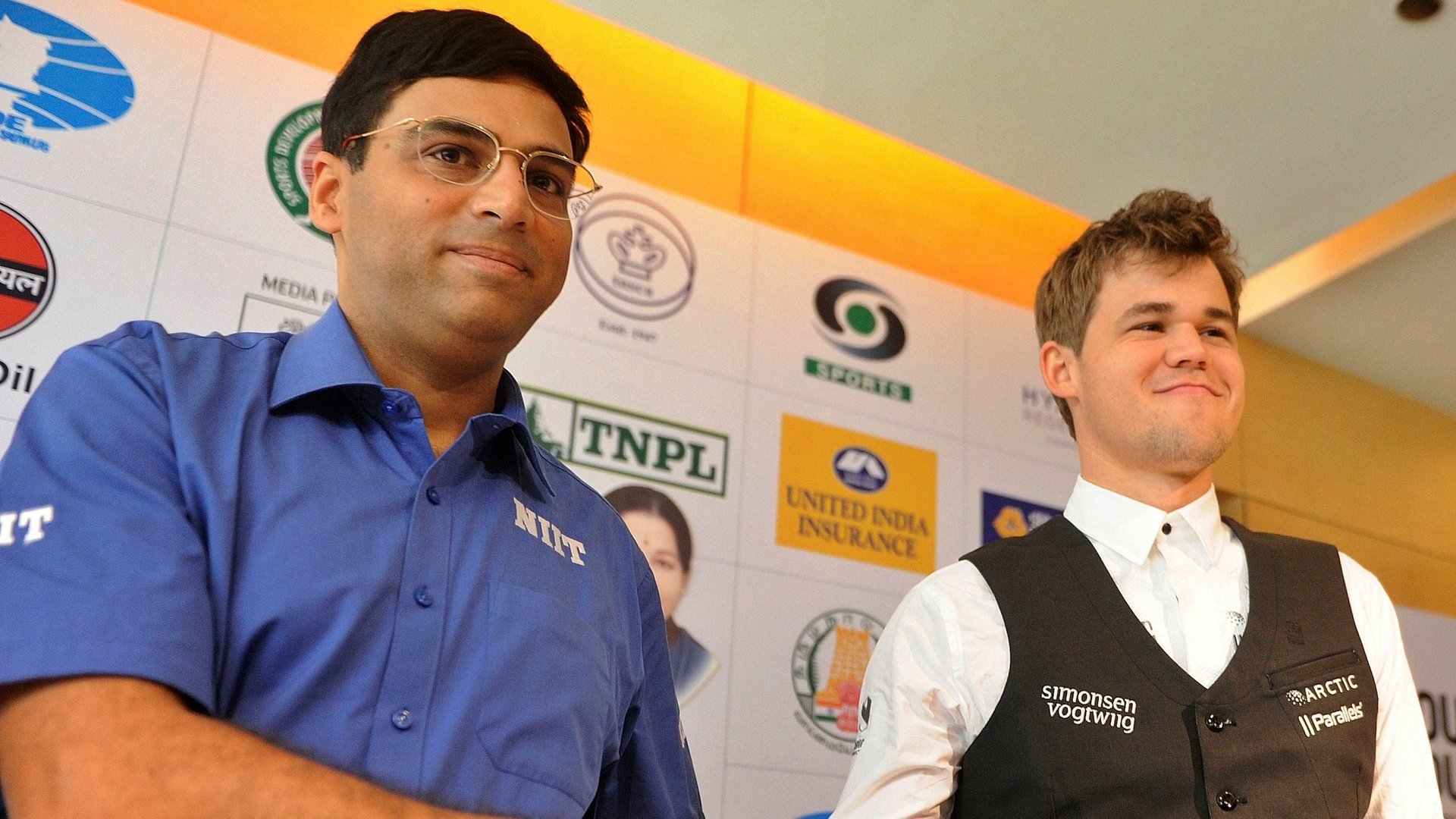Flashy play is overrated when it comes to the World Chess Championship
The seventh round of the 2013 World Chess Championship has just ended in a draw. The tournament, now more than half over, serves as persuasive testimony that the flashy brilliance we associate with genius isn’t everything. The championship is the latest arena in which persistence and a disciplined focus on fundamentals are beating out brilliance.


The seventh round of the 2013 World Chess Championship has just ended in a draw. The tournament, now more than half over, serves as persuasive testimony that the flashy brilliance we associate with genius isn’t everything. The championship is the latest arena in which persistence and a disciplined focus on fundamentals are beating out brilliance.
Current five-time champion, grandmaster Viswanathan Anand, 43, is now trailing rising star, Magnus Carlsen, 22. Each was crowned a grandmaster as a teenager (Anand at 18, Carlsen at 13) and deemed a prodigy at a young age. Carlsen, known for his concentration on game fundamentals, is ranked No. 1 in the world, and is favored by the odds. Nonetheless, the competition has been close. Today’s tie was the fifth of the contest, which is being held in Chennai, India, Anand’s hometown.
Anand’s game is complex. He’s a fast, tactical player who marshals his pieces with a confident aggression and quick calculations. He acts boldly, seldom runs out of time, and catches opponents off guard with his explosive, unpredictable brilliance, especially during opening moves. If he played tennis, he would be Rafael Nadal.
Anand has called Carlsen’s approach “a peculiar style.” He used boxing as an analogy, labeling the young Norwegian as “someone who has a very fast right, rather than a left.” That is, rather than catching opponents off-guard with an unpredictable left punch, Carlsen excels at fundamentals (like a right jab) so well that his foes cannot recover from the relentless damage. He is also known for his will to win and the quiet nature of his game. Carlsen has said, in the past, that what sets him apart from other young chess masters is his study of classic games. In tennis, he would be Roger Federer to Anand’s Nadal.
This approach seems to have served him well in playing Anand but the competition is far from over. The match could take up to three weeks and 13 games. Before this championship, in their previous tournament play, Anand had defeated Carlsen a total of 15 times, while Carlsen had won 11. Out of 62 matches, they reached a draw on 36 occasions.